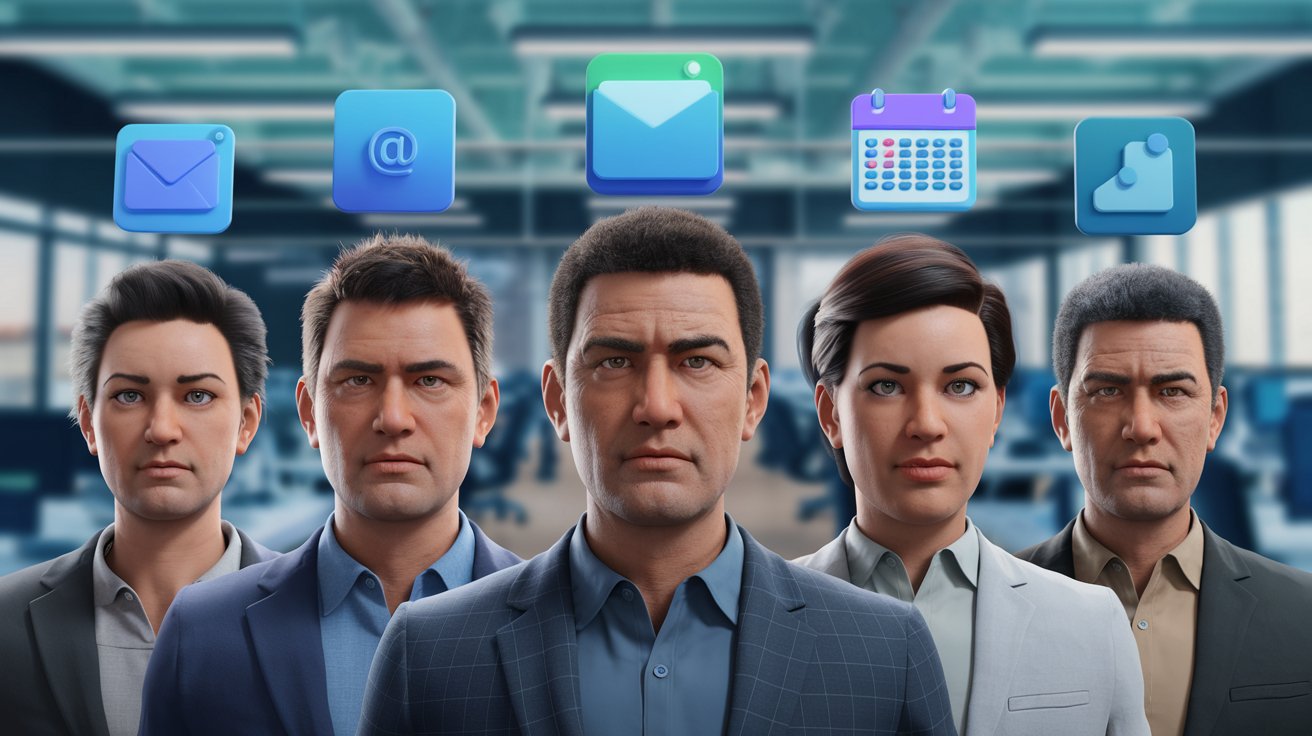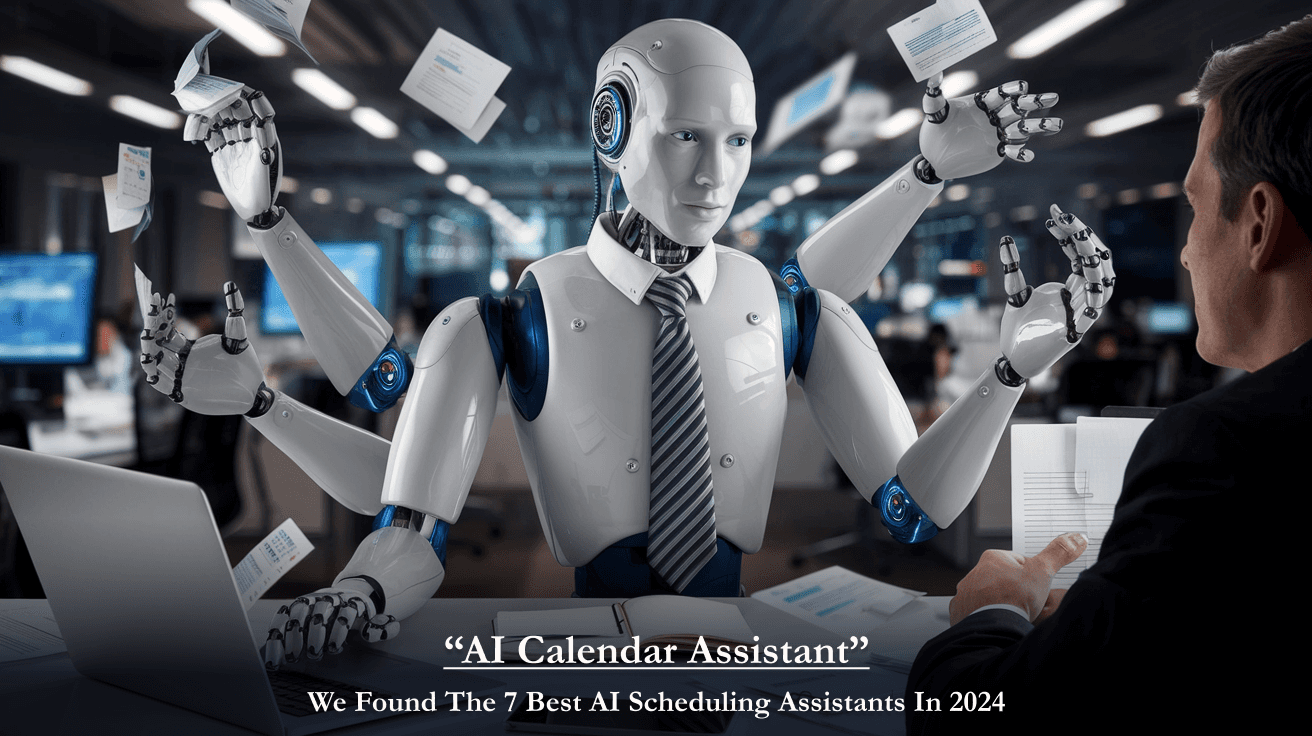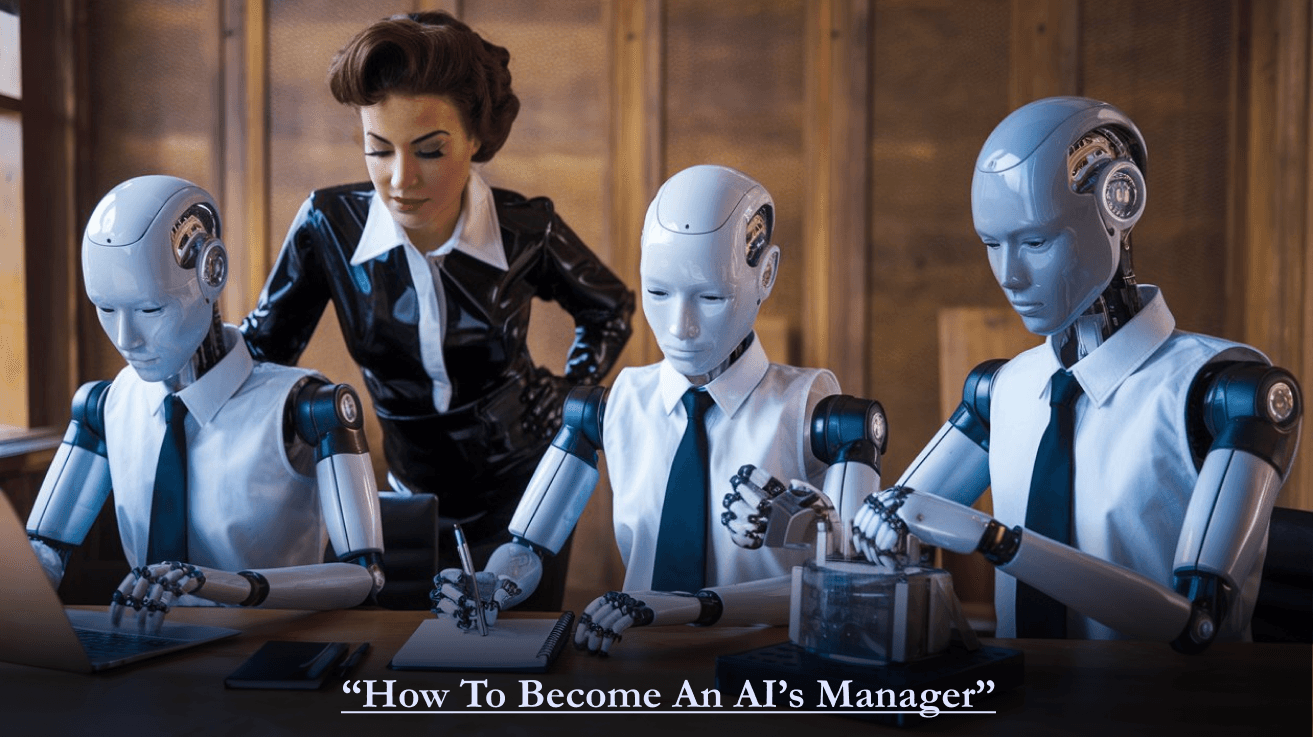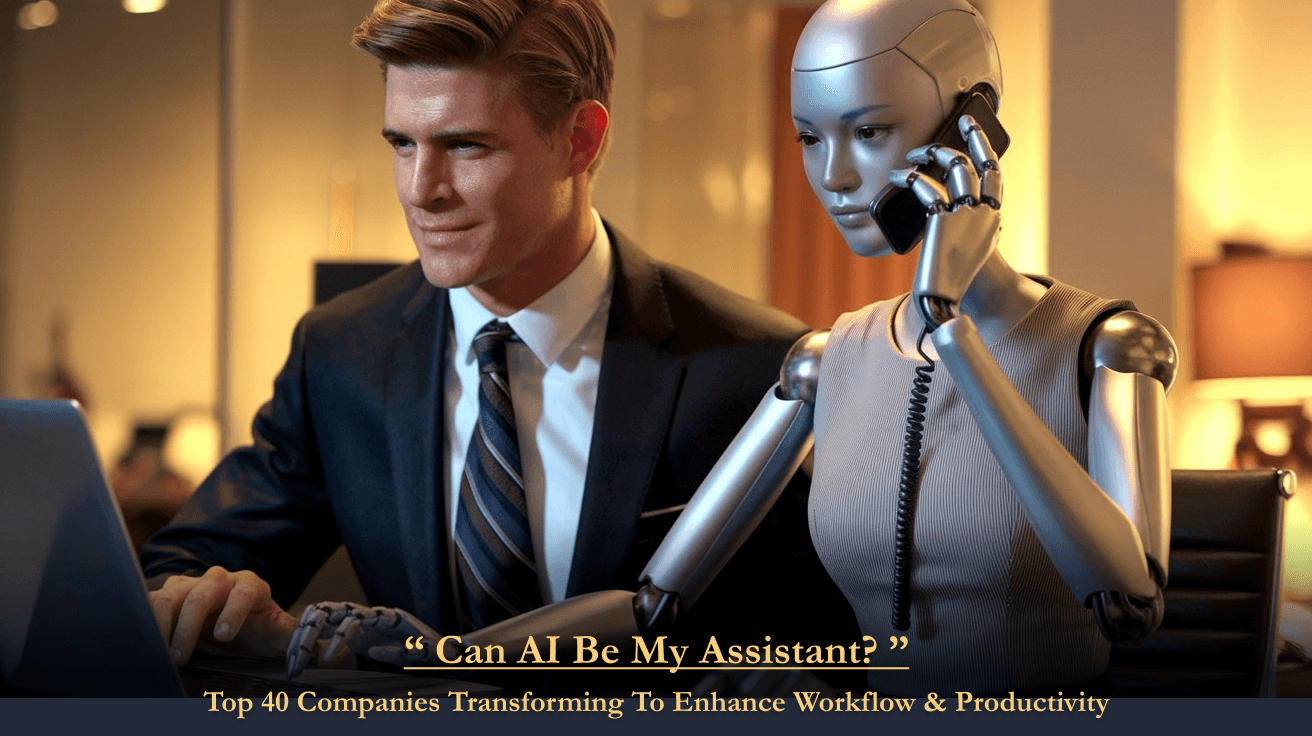19-Nov-2024
These 5 AI Agents Will Replace Humans
Remember Jarvis from Iron Man? While we haven’t reached flying suit status just yet, AI assistants are rapidly redefining the way we work and live.
As artificial intelligence continues to evolve, its transformative potential is becoming undeniable. Let’s dive into how these game-changing technologies are taking over our digital tasks, and what that means for you.
Your Digital Workday: Transformed
Imagine your typical workday: managing multiple email accounts, scheduling across time zones, taking meeting notes, and prepping for a big presentation. Now, picture all of that handled seamlessly by an AI assistant. This isn’t science fiction - it’s happening now.
AI-powered tools are stepping in to reduce the burden of repetitive tasks, freeing up your time for high-impact work. Here’s how key players are leading this revolution:
1. Fast Tracker AI: AI in Your Messaging Apps
Fast Tracker AI integrates directly into WhatsApp and iMessage, eliminating the need for new apps or complicated logins. You simply chat, and it gets things done.
Key Features:
Manage multiple email accounts.
Instantly convert voice to text.
Handle calendar management - all within your favorite messaging app, you can also create booking links like Calendy.
With a reported 0.1% hallucination rate in email drafting, this tool is as accurate as it is convenient. Users claim to save up to 10 hours per week, which adds up to an entire workday. Fast Tracker AI costs a fraction of a human assistant working 24/7 and requires zero training.
2. Microsoft’s Windows Agent Arena (WAA): Next-Level Productivity
Microsoft is leveraging its decades-long dominance with Windows Agent Arena, a robust AI assistant platform deeply integrated into the Windows ecosystem.
Why It Stands Out:
WAA supports multi-agent benchmarking via Azure ML infrastructure.
It delivers results for hundreds of tasks in minutes, not days.
Seamlessly integrates with Microsoft Office apps to simplify workflows.
Whether scheduling meetings or managing entire projects, WAA offers unparalleled scalability and efficiency.
3. Anthropic’s Claude: Your Digital Apprentice
Anthropic’s AI takes personalization to a new level by learning from your work habits. Claude operates as a virtual apprentice, refining its assistance daily.
Unique Capabilities:
Directly interacts with your PC, mimicking human behavior (e.g., moving cursors, typing, and clicking).
Executes complex, multi-step workflows for tools like Replit and UI navigation.
With Claude’s adaptive learning, the longer you use it, the better it gets at supporting you.
4. OpenAI and the Visual AI Revolution
OpenAI, the creators of ChatGPT, is adding real-time speech and vision capabilities to its AI agents. These tools excel in interpreting visual data, making them indispensable for industries reliant on cameras, IoT sensors, and vehicles.
Paired with NVIDIA’s Metropolis platform, this tech is already revolutionizing areas like:
Factory safety and productivity.
Smart traffic management.
Retail operations and warehouse optimization.
5. NVIDIA and Visual AI Breakthroughs
NVIDIA is pushing the boundaries of what AI assistants can achieve, particularly in industries reliant on visual data like manufacturing, retail, and traffic management.
Their Metropolis platform is empowering developers to create Vision AI agents with groundbreaking capabilities.
NVIDIA’s AI Assistant Innovations Include:
Video Search & Summarization: AI agents can analyze video footage, answer user questions, generate summaries, and trigger alerts for specific scenarios.
Applications in Diverse Industries: From optimizing safety in factories and warehouses to improving traffic management in smart cities, NVIDIA’s tools are proving invaluable.
Customizable Workflow Solutions: NVIDIA’s technology integrates generative AI with computer vision, enabling businesses to rapidly deploy advanced AI applications.
Key partners like Accenture, Dell, and Lenovo are already leveraging NVIDIA’s platforms to jump-start productivity and safety enhancements worldwide.
The Business Impact: A Trillion-Dollar Opportunity
Industry experts predict the AI assistant market will grow into a trillion-dollar industry by 2030. The math is simple: businesses that adopt AI tools can boost productivity while cutting costs.
Why This Matters:
Cost Savings: AI assistants are up to 90% cheaper than human assistants.
Availability: They never sleep, never take sick days, and don’t need onboarding.
Scalability: AI tools can handle workloads that require hundreds of human hours.
Concerns and the Path Forward
Naturally, as AI becomes more integrated into our lives, questions arise about data privacy and over-dependence on technology. Here’s how innovators are addressing these issues:
Data Security: Tools like Fast Tracker AI have Google verification and are pursuing stringent certifications such as SOC 2.
Dependency Management: Think of AI assistants as modern-day calculators: helpful but not a substitute for critical thinking.
Looking Ahead: AI in Your Pocket by 2025
By 2025, having a personal AI assistant will be as common as owning a smartphone. These assistants will anticipate your needs, manage your day, and amplify your productivity.
The question is: will you embrace the AI revolution now, or risk being left behind?
Final Thoughts
The AI assistant revolution isn’t just coming - it’s here. Tools like Fast Tracker AI, Microsoft’s WAA, and Anthropic’s Claude are reshaping industries and redefining productivity.
The future is one where humans and AI collaborate seamlessly. Are you ready to take the leap?
Pro Tip for Readers: Explore AI assistants today to gain a competitive edge. The earlier you adopt, the more you can benefit as these tools evolve.




